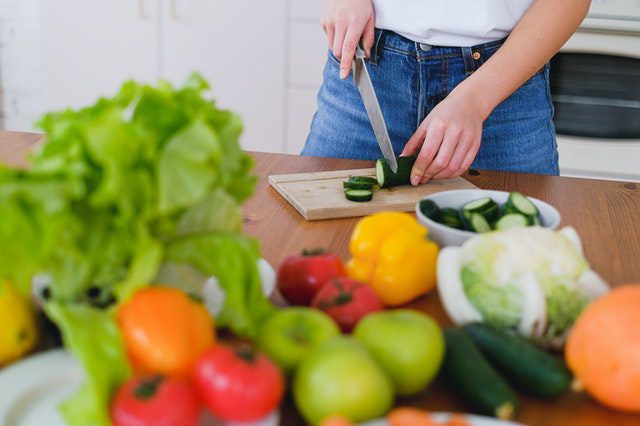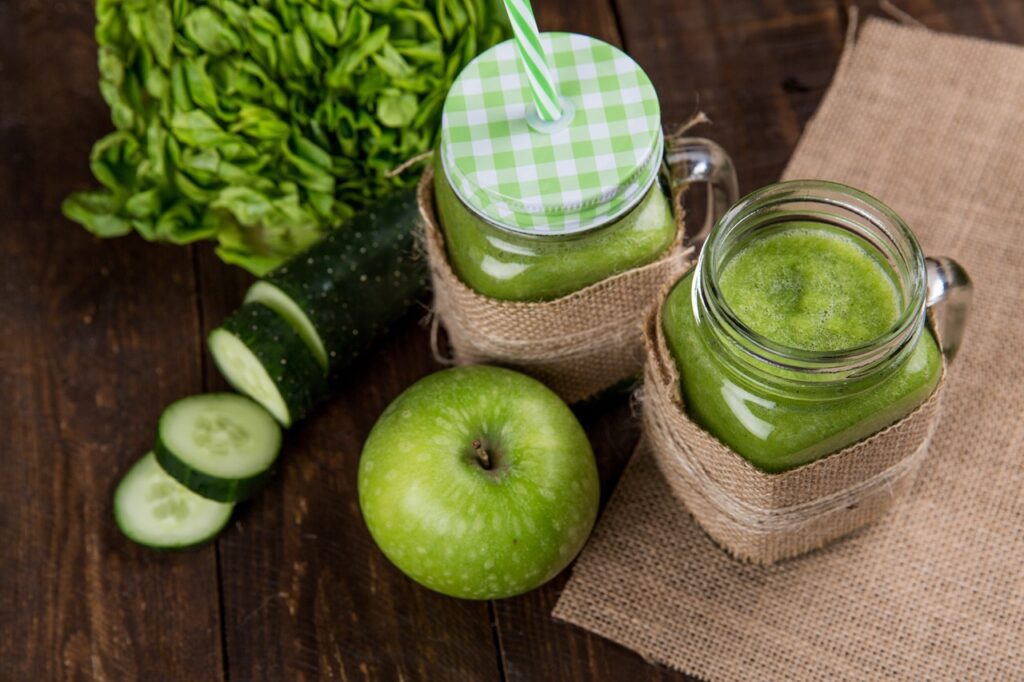Most people have eating habits that are less than ideal. These habits contribute to weight gain, and you may not realize that they are hurting you.
Before you struggle with weight that you can’t lose, you should discover ideal eating habits. To get lean, you have to eat a diet that enables you to burn fat.
A good diet is important in the fat-loss equation. According to Jim Juge, “The diet is 65% of what you need to get in shape.”
Eating habits for getting a lean body include:
- Eat protein: Proteins can keep you lean and sustain your muscle health. It helps to immensely burn fat and build muscles.
- Control your portion sizes: You may eat more than intended if you do not control your portion size. According to Elle Wittneben, “Having a little extra every once in a while is not likely to cause weight gain, but if you are consistently consuming more food, those calories will add up over time.”
- Eat before bed: If you want to keep a lean body, then you have to keep some distance between when you eat dinner and when you sleep.
- Drinking smoothies: Homemade smoothies are healthy, and they can help you maintain a lean body. Fiber and dietary protein should be included as they will help you be satiated.
- Avoid eating when you are famished: You should listen to your body and eat when you are hungry. Don’t wait until you are ravenous, as this can lead you to overeat.
- Avoid eating quickly: Eating quickly makes it difficult for you to maintain a lean body.
- Avoid eating while distracted: Pay attention when you are eating, as being distracted can make you overeat.
- Avoid eating processed foods: Processed foods can sabotage your quest to be lean. It can ruin your quest to lose weight.
- Eat smart: Individuals that eat breakfast lower their risk of weight gain.
- Listen to hunger cues: You should eat when you are hungry. Do not base your eating decisions on the environment or social pressure.
- Avoid skipping meals: Food deprivation can lead you to make food choices that are unhealthy. They can increase your desire to consume high-calorie foods.
- Eat from home: Eating away from home is known to decrease your awareness of the ingredients and calories in your meals.
- Avoid taking added sugars: A diet that is low in added sugar leads to fewer calories and lower weight gain. Added sugars are sweeteners that are added to foods such as cakes, jam, bread, and ice cream. Examples of added sugars include raw sugar, white sugar, fructose corn syrup, and brown sugar.
- Eat vegetables: Vegetables provide lots of nutrients and few calories, and this makes them an integral component of a healthy weight. Putting vegetables in your meals helps to boost your fiber intake and satiety.
- Use small containers: Controlling the quantity of food that you consume can help you maintain a lean body after 40. Eating from larger containers stimulates higher food intake, and for you to curb your overeating, you have to eat from small containers.
Related: 10 Healthy Eating Tips to Live A Healthy & Better Life
- Read ingredients: Knowledge is power, and knowing the ingredients of what you eat is important if you want to maintain a healthy weight. It is important that you know the nutritional value of the foods that you consume.
- Eat slowly: Eating food slowly will help optimize the absorption of nutrients, boost digestion and, give you a lean body.
- Sleep adequately: Quality sleep can greatly improve your dietary habits. A study published in 2011 showed that more sleep reduces the incidences of obesity.
- Use organic hemp flower: This can improve your metabolism, lower your weight, and keep you lean.
- Drink water: The consumption of water will minimize your consumption of calories like sodas, energy drinks, fruit drinks, and coffee. Many beverages have lots of sugar, and they provide little or no nutritional value. Water helps to regulate body temperature, transports nutrients, and it eliminates waste. Research shows that the consumption of water helps to increase metabolism and lower weight loss.
Related: How To Burn Your Belly Fat By Eating Dark Chocolate
- Eat nutritional foods: Fruits, whole grains, protein, nuts, seeds, and vegetables should be the foundation of your diet.
- Weight diary: Keeping a weight diary can help you monitor the food that you consume. You can use a weight loss app, website, or diary to monitor your food consumption.
Tips to successfully lose weight are:
A weekly diet plan that can help you keep a lean body includes:
Day 1:
- Breakfast: Oatmeal with milk
- Lunch: Vegetable wrap and humus
- Dinner: Sesame salmon with sweet potato and broccoli
Day 2
- Breakfast: Scrambled eggs, spinach, and tomatoes
- Lunch: Tuna salad with lettuce and cucumber
- Dinner: Cauliflower rice
Day 3
- Breakfast: Smoothie with berries and oat milk
- Lunch: Toasted almonds with broccoli quinoa
- Dinner: Whole grain rice and Mediterranean vegetables
Day 4
- Breakfast: Rye toast and fried egg
- Lunch: Chicken salad and lettuce
- Dinner: Soba noodles with chicken stir fry
Day 5
- Breakfast: Fish tacos, slaw, and boiled egg
- Lunch: Oatcakes and vegetable soup
- Dinner: Zucchini noodles and lentil Bolognese
Day 6
- Breakfast: Buckwheat pancakes and yogurt
- Lunch: Crispy tofu
- Dinner: Apple slices with peanut butter
Day 7
- Breakfast: Muffin with eggs and vegetables
- Lunch: Minted pea and vegetables
- Dinner: Hummus and carrot sticks
Maintaining a lean body involves a dedication to eating healthy habits. You have to be consistent and committed to your goal. A healthy diet helps to improve your overall health and immune system.
Your choice of food should take precedence, and you should eat natural and unprocessed food. Knowledge of your calorie intake and your choice of food is important. You don’t have to worry about calories when you eat healthily.






